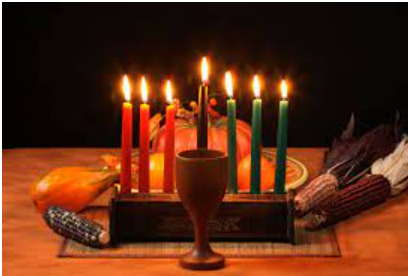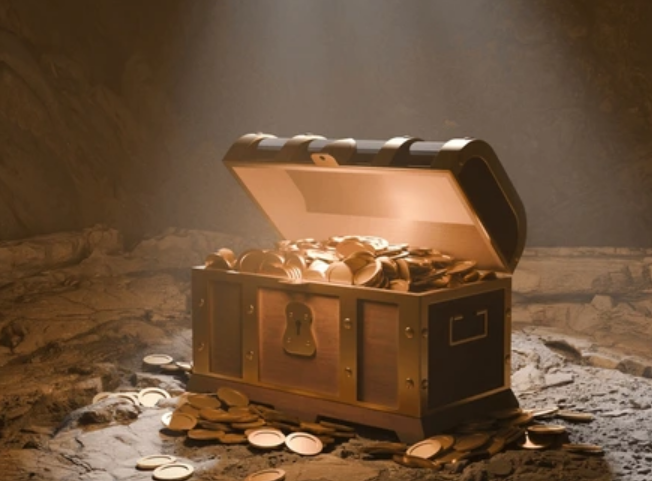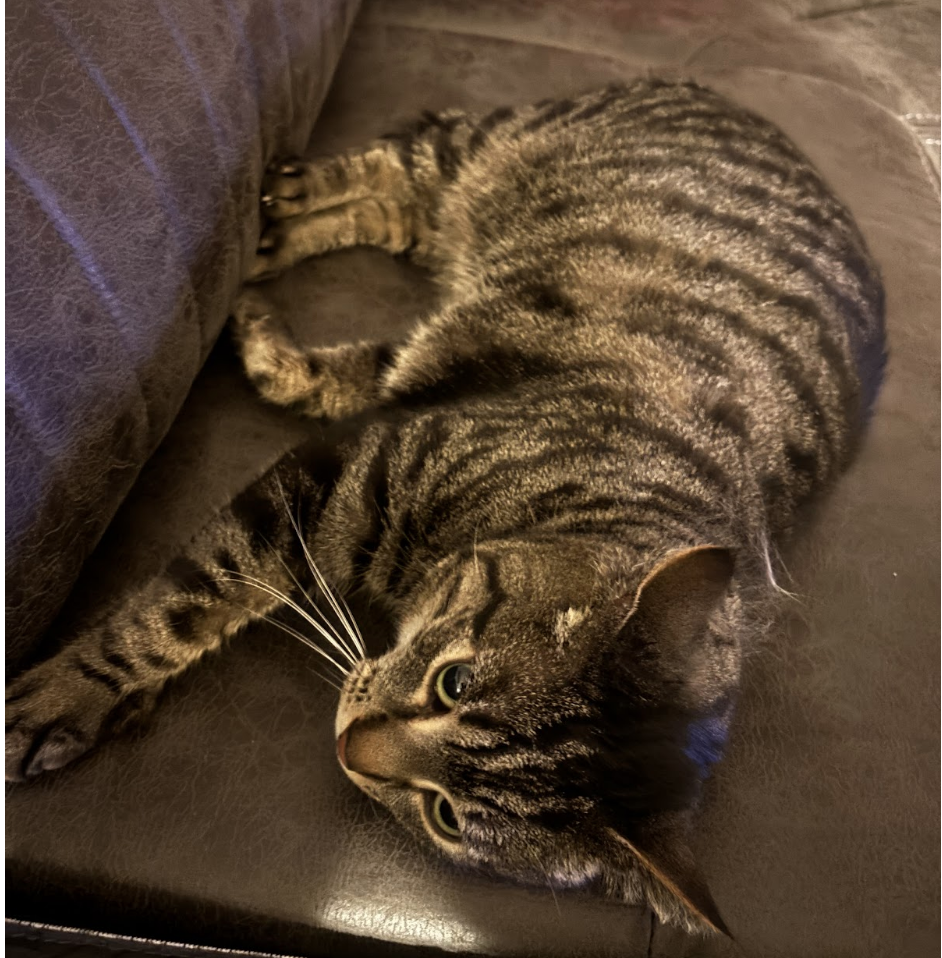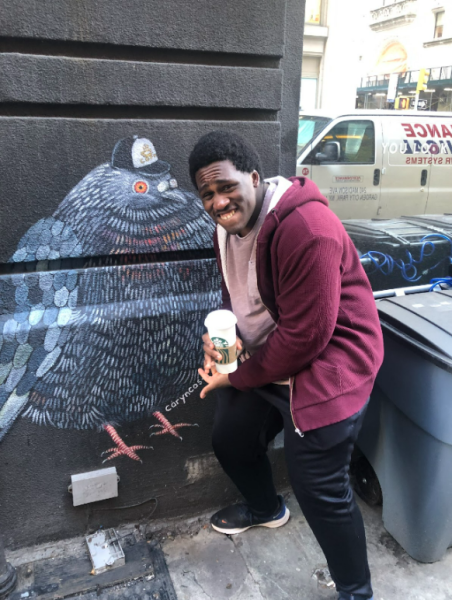Have you ever looked at your calendar and wondered what the holiday after Christmas is? Well, that holiday is Kwanzaa and out of all of the holidays in winter it is one of the most interesting.
Kwanzaa is an African-American and Pan-African holiday that is celebrated from December 26 to January 1. The holiday is meant to celebrate African history, values, community, and culture. The holiday was created in 1966 by Maulana Karenga who is a professor of Africana studies at California State University and is an important figure in the Afrocentrism movement. Karenga borrowed the word kwanza, meaning “first,” from the Swahili phrase matunda ya kwanza which means first fruit, and added the seventh letter, an extra a, to make the word long enough to accommodate one letter for each of the seven children present at an early celebration.
The concept of Kwanzaa originates from South African first-fruits celebrations. The holiday is expressed in the Swahili language which is one of the most widely spoken languages in Africa. While Kwanzaa was made in the United States, over time it has come to be celebrated in other countries particularly in the Caribbean and other countries where there are large numbers of Africans and African descendants.
Each of the days of Kwanzaa is dedicated to one of its seven principles: Umoja (Unity), Kujichagulia (Self-Determination), Ujima (Collective Work and Responsibility), Ujamaa (Cooperative Economics), Nia (Purpose), Kuumba (Creativity), and Imani (Faith). There also are seven symbols of the holiday: fruits, vegetables, nuts, a straw mat, a candleholder, ears of corn gifts, a communal cup signifying unity, and seven candles in the African colors of red, green, and black, symbolizing the seven principles.
On each day the family comes together to light one of the candles in the kinara, or candleholder, and to discuss the principle for the day, and on the final day, they join in a community feast called the karamu. Kwanzaa is a very fun holiday that can enlighten young people to learn about different cultures in Africa so if any of this sounds interesting, you should try Kwanzaa because I can guarantee it will be an experience that you will never forget.
Sources:








